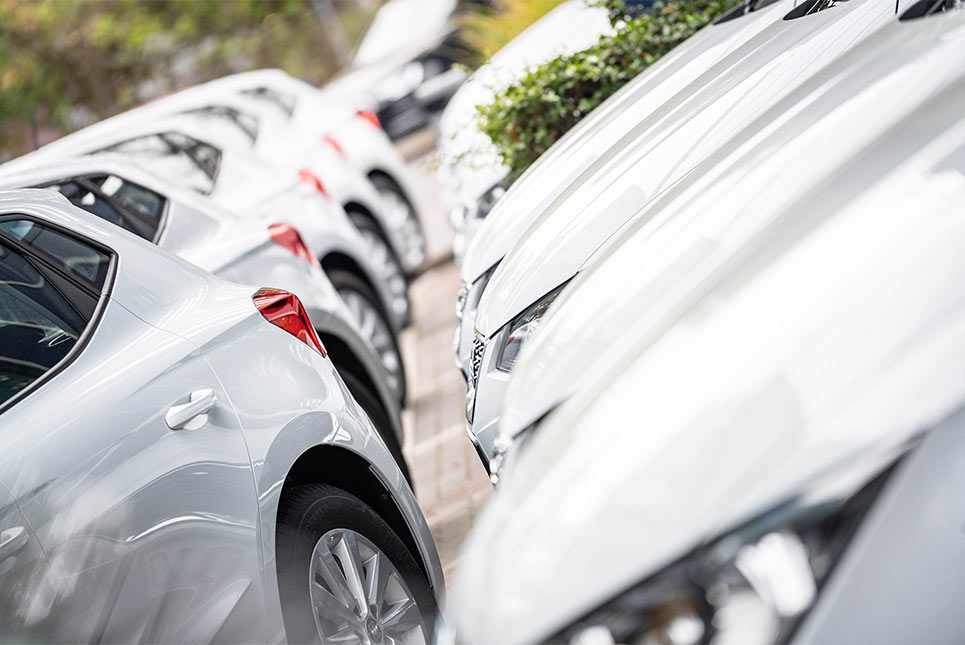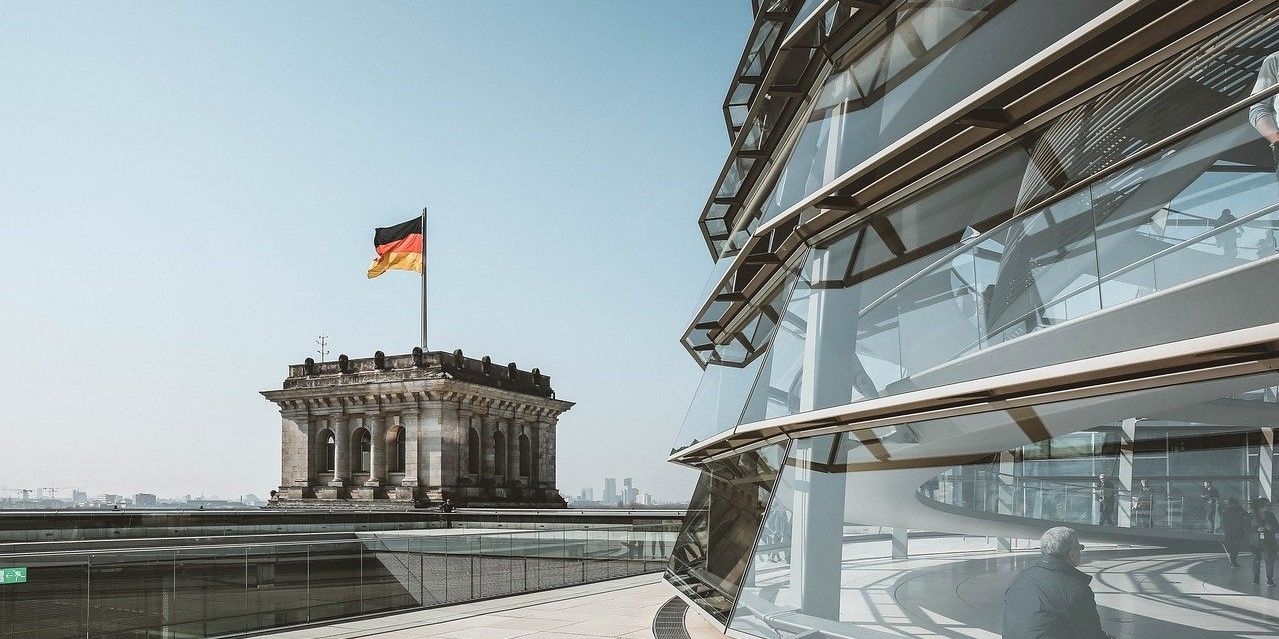Bad Homburg. “With today’s resolutions, the Federal Government is taking the necessary measures to achieve climate targets. For car buyers, the introduction of a national emissions trading system sends a clear signal: it will be even more worthwhile in the future to invest in low-emission, efficient vehicles,” said Reinhard Zirpel, President of the Association of International Motor Vehicle Manufacturers (VDIK), today on the decision of the Climate Cabinet. Zirpel continued: “Nevertheless, it is important to avoid social imbalances that have led to protests in other countries. Mobility must remain affordable for everbody. The increase in the commuter allowance contributes to this.”
In addition, international manufacturers particularly welcome the concrete and technology-open measures to promote low-emission vehicles. Zirpel: “Alternative drivetrains are the key to achieving climate protection targets in transport because they make a significant contribution to reducing CO2 emissions. Vehicles with alternative drive systems are already available in great variety to customers in Germany today, thanks in part to the broad and constantly growing range of products offered by international manufacturers.”
The VDIK welcomes the fact that the environmental bonus is to provide planning security beyond 2020. The increase in the buyer’s premium for electric vehicles with a price of less than 40,000 euros will provide further impetus. Zirpel further emphasized: “The international manufacturers will support the extensive conversion of the motor vehicle tax to CO2. It is clear that a higher environmental bonus must be financed. However, we expect that cars with higher CO2 emissions will not be burdened disproportionately.” Additional advantages in company car taxation for electric vehicles with a 2030 planning horizon also make an important contribution to the faster spread of electric mobility.
The resolutions also provide for broad support for the development of the charging and tank infrastructure for vehicles with alternative drive systems. Zirpel: “That is right and the necessary basis for other incentive instruments to work at all. We particularly welcome the fact that the German government is not focusing exclusively on electromobility, but also wants to promote hydrogen and other climate-neutral fuels. International manufacturers are already offering fuel cell vehicles that are ready for series production”. The planned introduction of a CO2-oriented truck toll can be a major impetus for investments in low-emission commercial vehicles. This will also reduce greenhouse gas emissions in road freight transport.




